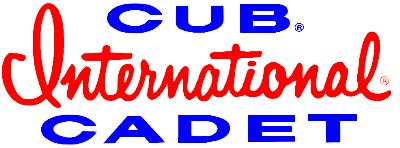Rbertalotto
Well-known member
I look at old Wheel Horse, IH, John Deere tractors and I'm seeing 8- 18 HP garden tractors......Pulling implements and doing ground engagement work.
Now I see lawn mowers with 22-25 HP!.......
What happened? Did they change the HP ratings?
Years ago my family had a Panza Tractor with 8HP and it was used with pull behind shovel to dig our houses foundation hole!
Now I see lawn mowers with 22-25 HP!.......
What happened? Did they change the HP ratings?
Years ago my family had a Panza Tractor with 8HP and it was used with pull behind shovel to dig our houses foundation hole!





